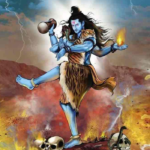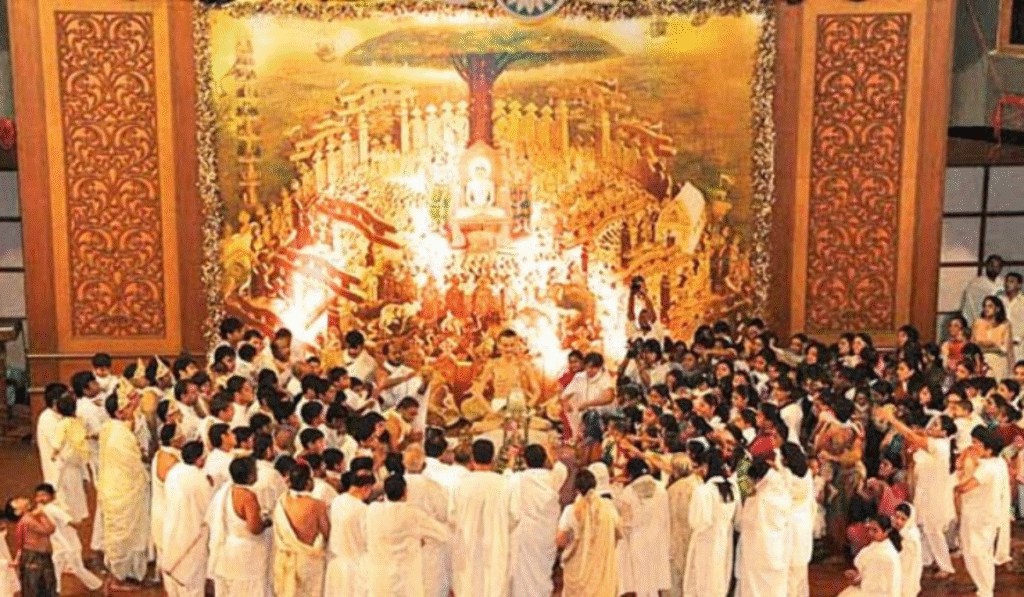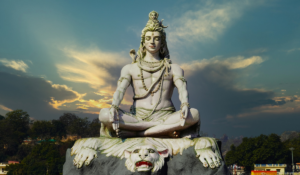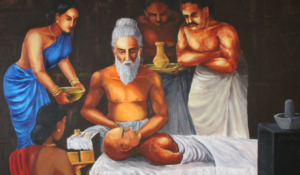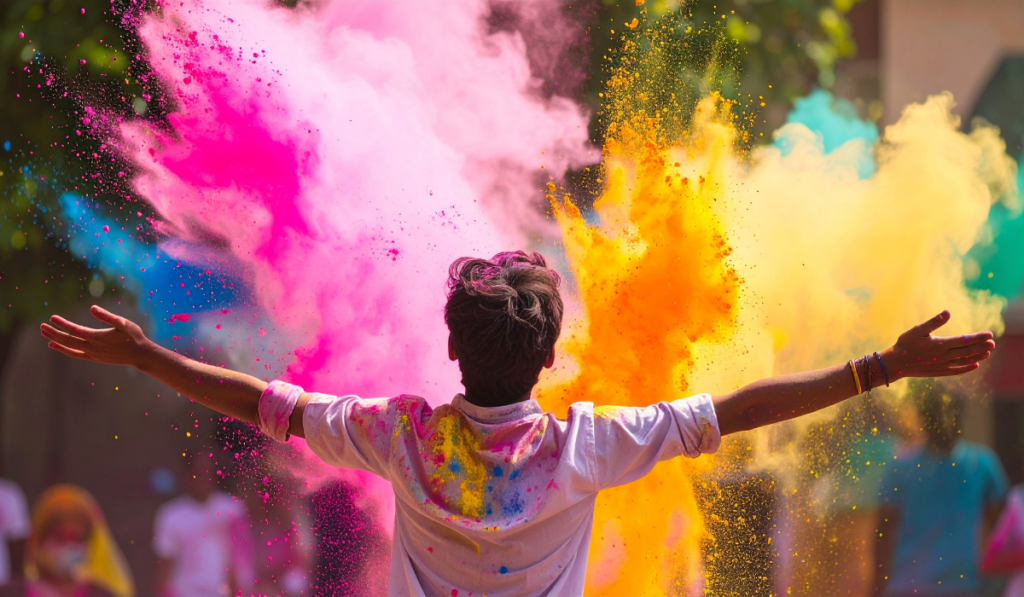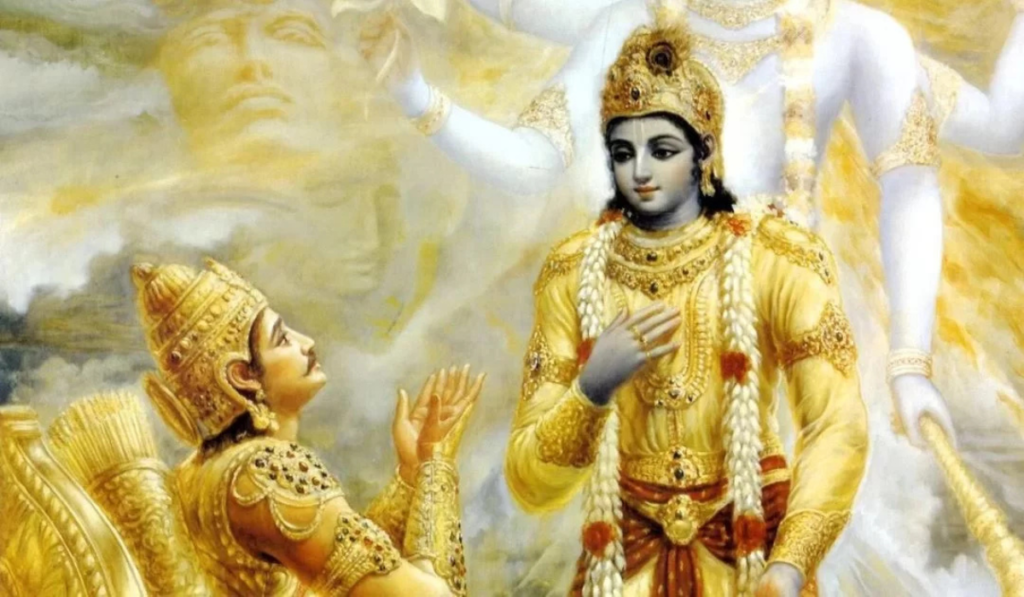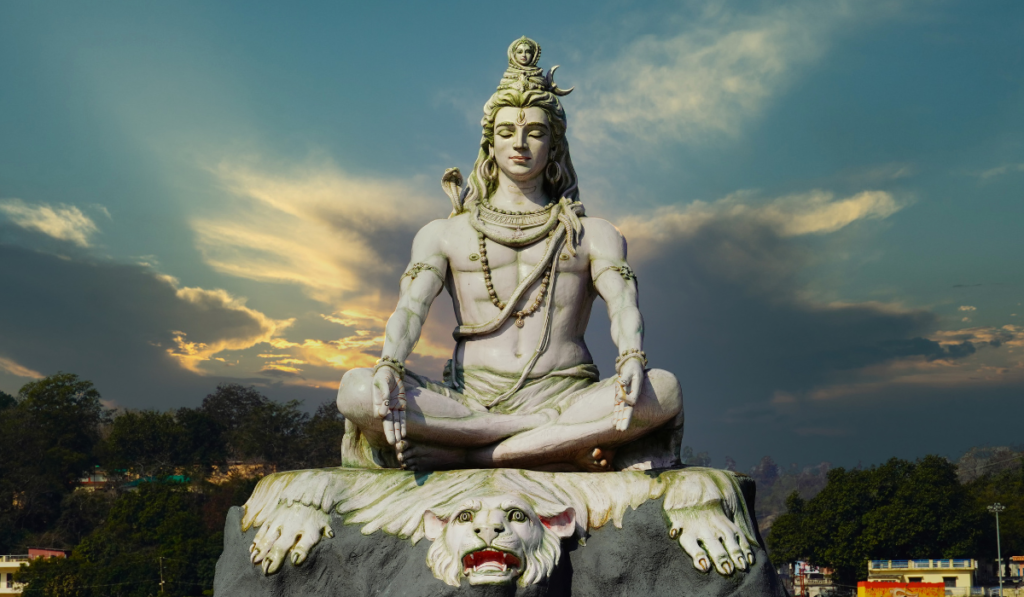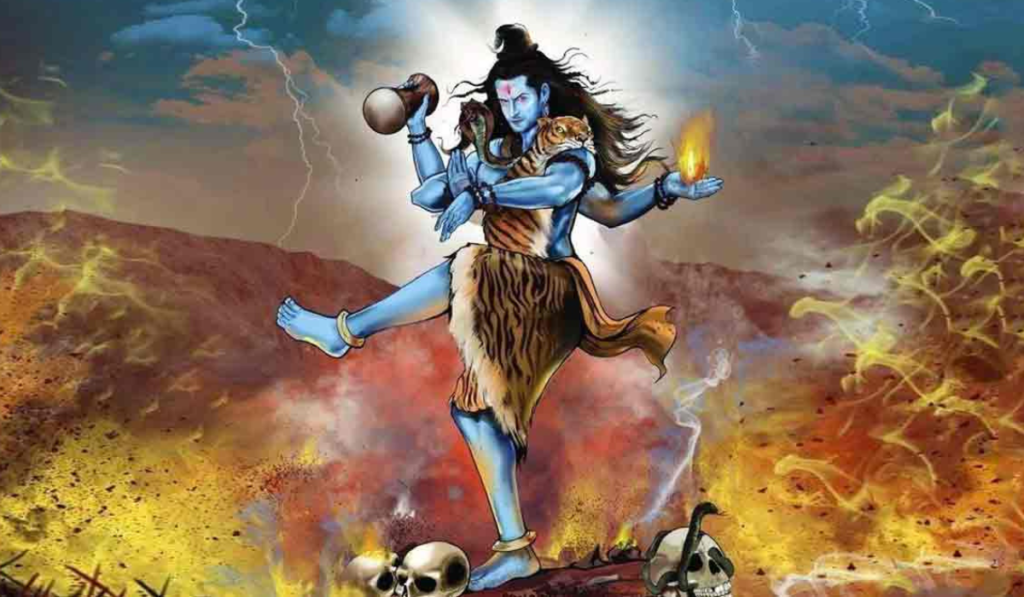Imagine putting life on pause for eight days. No rush, no endless distractions. Instead, you dedicate yourself to self-reflection, forgiveness, and spiritual growth. Sounds almost impossible in today’s fast-paced world, right? Yet for the Jain community, this is exactly what happens every year during the Paryushana festival.
Paryushana is not just a festival. It is a spiritual reset button, one of the most sacred observances in Jainism. But what makes it so special? Let’s dive into the essence, significance, and practices of this unique celebration.
What is Paryushana? The Heart of Jain Spirituality
The word Paryushana means to stay close or to stay within, symbolizing a time for introspection and inner cleansing. It is the biggest and most important Jain festival, observed annually by both major sects of Jainism, that is, Śvetāmbara and Digambara.
- Svetambara Jains celebrate it for 8 days.
- Digambara Jains observe it for 10 days.
The core idea is simple: step back from worldly affairs and focus on spiritual progress. It is a time to shed negative karma, practice forgiveness, and reconnect with your true self.
A Spiritual Pause in a Busy World
To understand Paryushana, you need to know the heart of Jain philosophy. Jainism is one of the oldest religions in the world, rooted in principles of non-violence (ahimsa), truth, and detachment. The ultimate goal is liberation from the cycle of birth and death by purifying the soul of accumulated karma.
Paryushana fits perfectly into this philosophy. It is a period when Jains consciously live these values through fasting, meditation, and repentance.
Why is Paryushana Celebrated? The Deeper Meaning
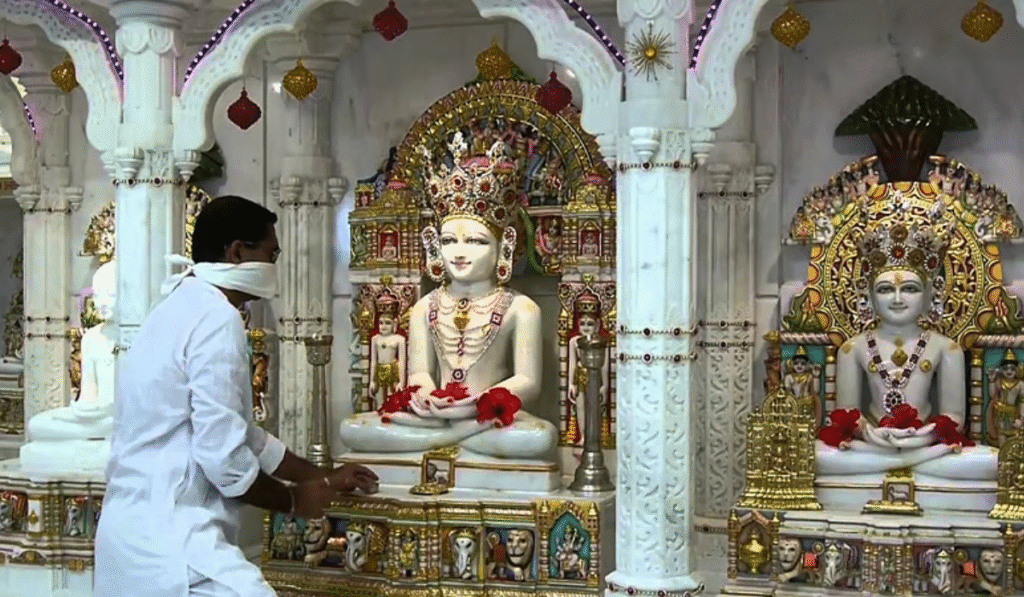
The festival is about more than rituals. It is about self-improvement and harmony. During these days, Jains strive to forgive others and seek forgiveness for their own mistakes, both knowingly and unknowingly.
The most powerful phrase of the season is Micchami Dukkadam, which means I ask for forgiveness for any harm caused by me in thought, word, or deed. The spiritual significance lies in cleansing one’s soul, while the social message is about building peace and understanding among people.
How is Paryushana Celebrated? Traditions and Rituals
Paryushana is marked by intense spiritual practices that vary slightly between sects but share the same purpose. Here are the key rituals:
Paryushana Fasting
Fasting is the heart of this festival. Some people go without food for an entire day, some for several days, and others take only boiled water after a certain time. The idea is not punishment but discipline, helping the soul rise above physical needs.
Pratikraman
Every evening, Jains perform a ritual of self-reflection called Pratikraman. This is a time to review one’s actions, repent for mistakes, and make a conscious effort to avoid them in the future.
Scriptural Reading
During Paryushana, Jains gather at temples or community halls to listen to sermons and read sacred texts like the Agamas.
Forgiveness Day
The festival concludes with Samvatsari Pratikraman (for Svetambaras) or Kshamavani (for Digambaras). On this day, everyone seeks forgiveness from each other. It is a beautiful moment where egos dissolve, and peace prevails.
Rules and Practices During Paryushana
Paryushana is about living a life of extreme mindfulness for a few days. The basic rules include:
- Non-violence in thoughts and actions, including filtering water to avoid harming even tiny organisms.
- Simple living, limiting food intake, avoiding unnecessary travel, and speaking less.
- Honesty and humility in words and behavior.
- Avoiding green vegetables, root vegetables, and anything that can harm living organisms.
These paryushan rules are not just restrictions; they are conscious steps to purify the soul.
Paryushana in Today’s World
You might wonder, does this ancient practice still matter in modern life? Absolutely. Paryushana is like a spiritual detox. In a world obsessed with external achievements, it reminds us to pause and look within. The emphasis on forgiveness can heal relationships, and the focus on mindfulness and minimalism is something even non-Jains find inspiring.
Final Thoughts
Paryushana is more than a religious ritual; it is a life philosophy. It teaches us to forgive, to be mindful, and to detach from negativity. You don’t have to be Jain to embrace its core values. Maybe this season, you can reach out to someone you’ve had a conflict with and say, If I have hurt you in any way, forgive me.
As Jains say during this time: Micchami Dukkadam.
Let’s stay connected! Come say hi on Instagram or follow us on Facebook for daily inspo.

